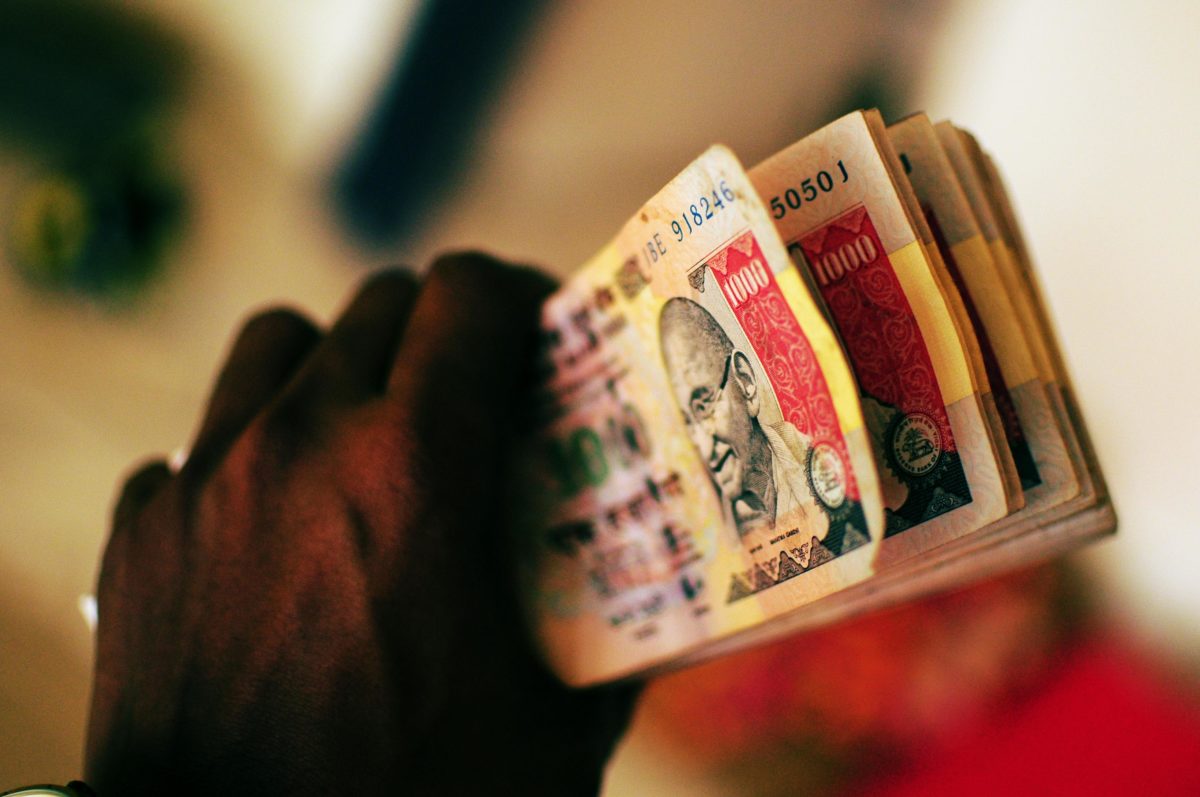Fitch Ratings has upgraded Indian Renewable Energy Development Agency Limited’s (IREDA) long-term foreign- and local-currency issuer default ratings (IDRs) to ‘BBB-‘ from ‘BB+’, with a a negative outlook. Simultaneously, Fitch has upgraded the Short-Term IDR to ‘F3’ from ‘B’.
IREDA is a State-controlled renewable energy and energy efficiency lender under the Ministry of New and Renewable Energy (MNRE).
The IREDA ratings are driven by its ownership and control, and very strong status.
Ownership and control
Fitch believes that extraordinary support would be extended to the company, if needed, as the central government wholly owns IREDA.
The government’s control is established via a board that includes two government nominees appointed by the MNRE. Besides, IREDA enters into an annual agreement with MNRE that sets out its operational and financial performance targets, such as loan disbursements ratio, which are reviewed quarterly.
Fitch expects the government to maintain a sufficiently high majority stake and thus control of IREDA. The company has postponed its IPO plans, which could have reduced the government’s stake to 85%, due to market volatility following the Covid-19 pandemic. Fitch believes the potential dilution would not have been material to affect the government’s control.
‘Very Strong’ support record
Fitch has raised the assessment to ‘very strong’ from ‘strong’ in the last review due to the government’s consistently high level of guarantees for IREDA’s debt.
“The government guaranteed 41% of IREDA’s debt at end-March 2020. The company’s large borrowings from bilateral and multilateral institutions, which are backed by government guarantee, are important to support its growth,” Fitch Ratings said in a summary report.
Fitch added that IREDA had applied for a capital injection of INR15 billion from the MNRE, following the postposed IPO. The injection is pending budgetary approval, but Fitch expects it to be approved. It will help IREDA maintain its leverage and allow the company to provide funding to the renewable energy sector. The government waiver of the requirement to pay dividends for FY20 is another factor that works in IREDA’s favour.
‘Moderate’ socio-political implications of default
IREDA plays an important role as a key financier for the financially stressed renewable energy sector. The company is a nodal agency (i.e., administrator) to carry out various government initiatives for the sector. Therefore, Fitch believes a default by IREDA could undermine the government’s renewable energy target—an essential part of India’s economic ambitions.
The assessment also factors in Fitch’s expectation that IREDA’s policy role will expand because of the government’s ambitious target for 40% of electricity to come from renewable sources by 2030. However, the underlying social impact may also be reduced as IREDA has a smaller asset size, making it susceptible to substitution by larger peers and banks in its policy role of lending to the renewable energy sector.
‘Very strong’ financial implications of default
Fitch views IREDA as a proxy funding vehicle for the MNRE and reassessed the factor to ‘very strong.’ The company’s annual borrowing and disbursement requirements continue to be driven by government policies. Besides, IREDA’s funding depends on lending from multilateral organizations secured by the government’s guarantees.
Fitch therefore believes a default could have material repercussions on investor views about the government’s credibility to support strategically critical government-related entities (GREs) and the renewable energy sector. This will also impact the borrowing and refinancing capacity in the capital markets for similar GREs in India.
This content is protected by copyright and may not be reused. If you want to cooperate with us and would like to reuse some of our content, please contact: editors@pv-magazine.com.









By submitting this form you agree to pv magazine using your data for the purposes of publishing your comment.
Your personal data will only be disclosed or otherwise transmitted to third parties for the purposes of spam filtering or if this is necessary for technical maintenance of the website. Any other transfer to third parties will not take place unless this is justified on the basis of applicable data protection regulations or if pv magazine is legally obliged to do so.
You may revoke this consent at any time with effect for the future, in which case your personal data will be deleted immediately. Otherwise, your data will be deleted if pv magazine has processed your request or the purpose of data storage is fulfilled.
Further information on data privacy can be found in our Data Protection Policy.